While he was held under house arrest for some time in September along with Kasa-Vubu, Lumumba and others would escape. The house arrest was initiated by the U.N to keep chief-of-staff Colonel Joseph Mobutu from arresting them. There was a fear that he would be dispatched under suspicious circumstances.
On November 27, 1960, he arrived in Leopoldville, where he sought to establish a base of power to retake Congo from Mobutu. In a joint effort by Mobutu, the U.S and Belgium, Lumumba was captured on December 1 in Lodi.
Assassination or Execution
Lumumba and two close associates–Maurice Mpolo and Joseph Okito–were declared traitors and were to be tried for instigating riots. He was viewed as polarizing and caused rifts between troops at Camp Hardy, where he was being held.
On January 17, 1961, Lumumba and others were to be sent to Katanga to be held but were tortured. Not long afterward before 10 PM, Lumumba, Mpolo, and Okito were lined up and shot by Katangan troops.
The death of Patrice Lumumba straddles the line between execution and assassination. It was certainly state sanctioned but the events leading up to it puts it squarely in assassination territory. He was moved to an entirely different country–or rather a breakaway state–in the midst of a coup that saw others benefit from his removal and death in the Congo.
There were several interested foreign powers involved in the execution/assassination of Patrice Lumumba. Belgian officials were present and had concerns about their involvement and the optics of it. Belgium would look for the graves of the three and move them elsewhere. Also, the method of disposal and burial of the bodies was suspect.
It was later revealed that the execution was handled by Belgium and not Katanga. Belgium also pointed out that the CIA had several plans to assassinate the former Prime Minister.
Immediate Aftermath
Senator Joseph Ileo was made Prime Minister following Patrice Lumumba’s removal. He would remain PM into 1961. Between 1961 and 1964 there would be a number of leaders in the President and PM positions until late 1965 when Colonel Mobutu became President and renamed the country Zaire.
REFERENCES
–http://www.bbc.com/news/world-africa-22006446
-http://www1.udel.edu/globalagenda/2003/student/readings/CIAlumumba.html






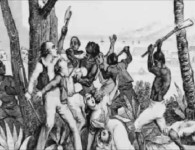



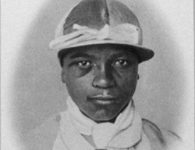
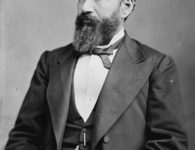

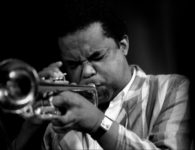

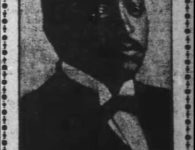
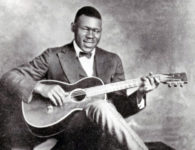
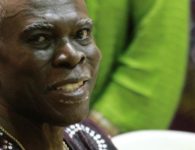



No comments